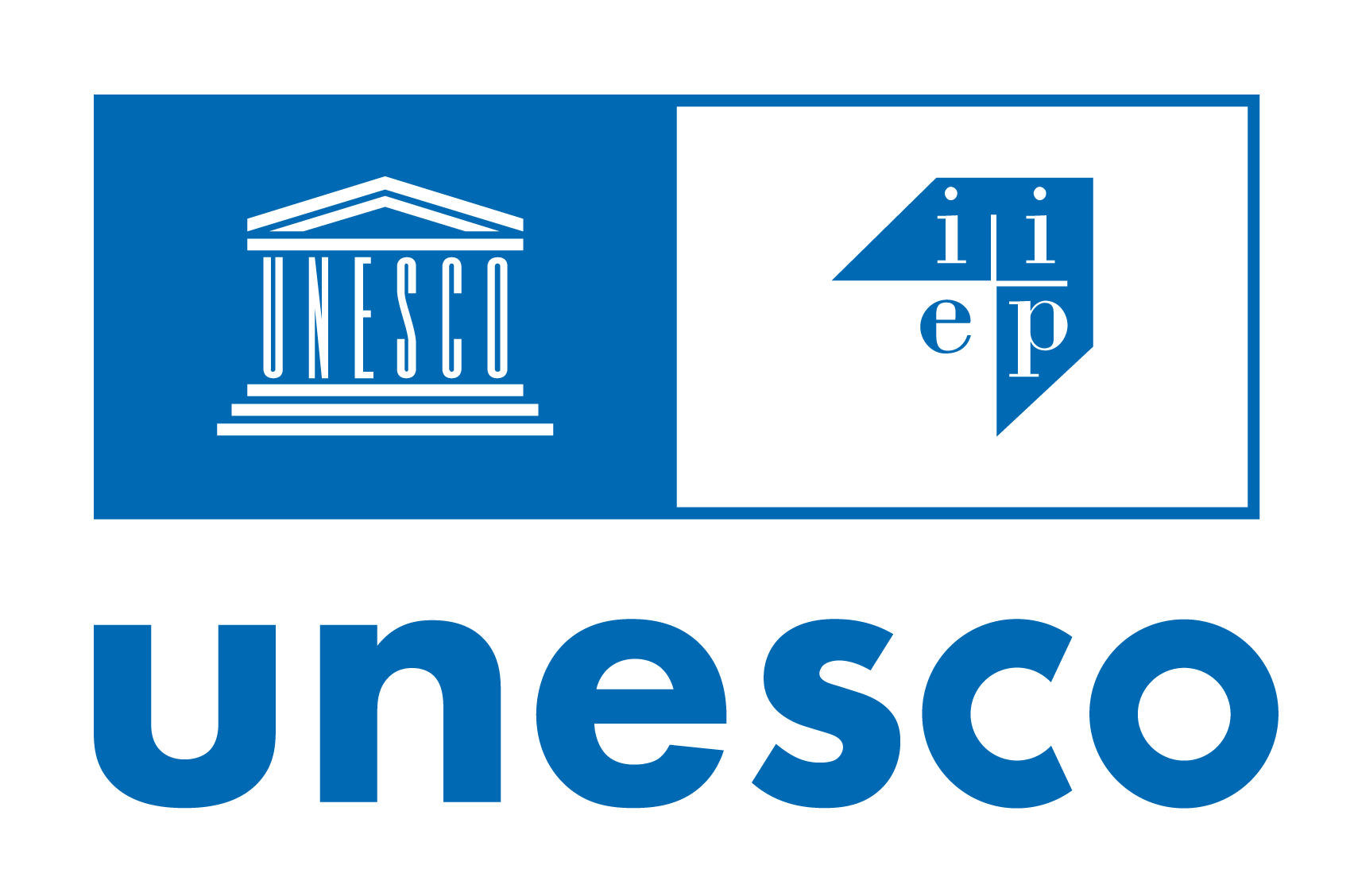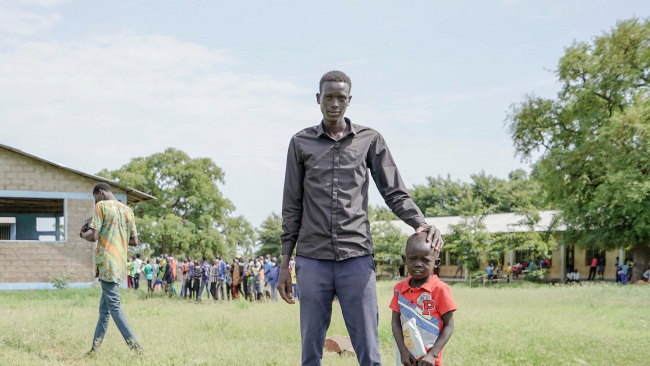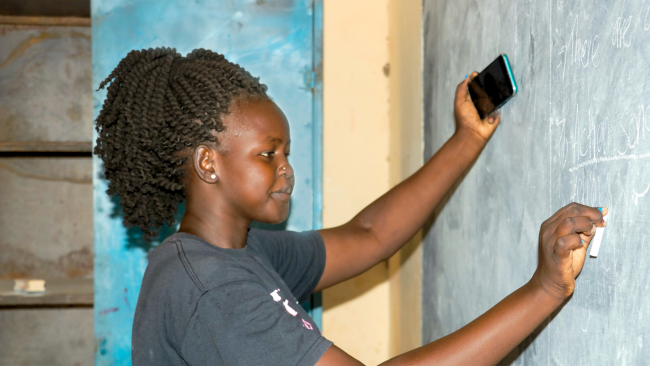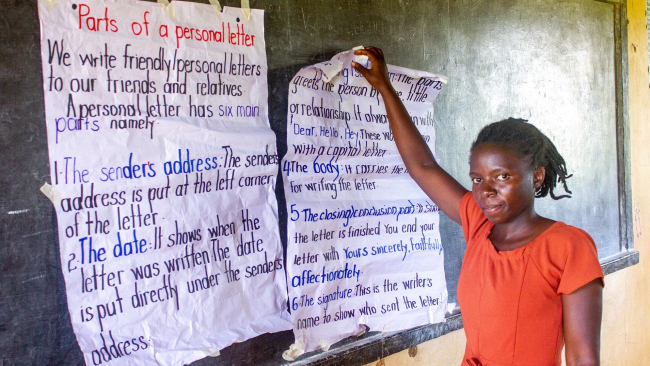The background literature relevant to this study provides a framework in terms of: the characteristics of states in conflict and post-conflict; the issues around the delivery of services under these conditions; the need to develop appropriate indicators of ‘quality’ for these services; and the lessons to be learned from previous experience of a wide range of providers. This study contributes to this debate by addressing the issue of ‘context’, which is raised but not developed in much of the existing literature. This is understandable as it has been produced largely by practitioners working for international agencies, under considerable pressure. In each African country emerging from conflict, those attempting to reconstruct the system of basic education confront a situation produced by a particular historical experience of conflict and of basic education. This research study has developed a means of incorporating the varying perspectives of young people, parents, communities, governments, international agencies and INGOs on the crucial aspects for reconstruction of education in particular contexts. It goes on to discuss what general lessons can be learned from these experiences in relation to funding, management and access, particularly in relation to Alternative Basic Education (ABE).
Année
2007
Pages
114
Séries
Educational Papers
Périodique
Researching the Issues 67
Type de ressource
Langues





